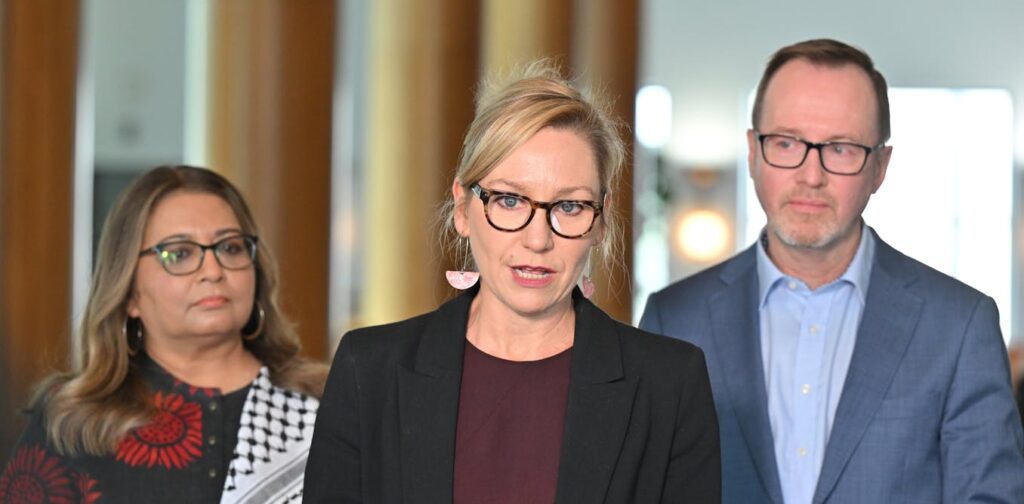
The Australian Greens have expelled co-founder Drew Hutton, following a series of controversies surrounding his comments on social media and his opposition to the party’s stance on transgender rights. Hutton’s expulsion marks a significant moment for the party, which has faced scrutiny over its commitment to inclusivity and the treatment of marginalized communities.
Hutton, who helped establish the Australian Greens with former leader Bob Brown in the early 1990s, had his membership terminated after a prolonged suspension that began in 2022. The suspension was triggered by Hutton’s failure to remove derogatory comments about transgender individuals from a Facebook post, which he allowed to remain visible despite calls for their removal. His expulsion was finalized when he publicly criticized the party on social media, labeling it as “authoritarian” and run by a “trans and queer cult.”
Despite calls from former leaders, including Christine Milne, to reinstate Hutton, current leader Larissa Waters defended the decision, stating that “nobody is above the rules” and asserting that the outcome reflected the party’s commitment to “good governance.” The Greens’ sole member in the Queensland Parliament, Michael Berkman, supported the decision, indicating that Hutton’s fixation on trans issues overshadowed his commitment to the party’s core principles of social and environmental justice.
The party’s leadership appears to understand the electoral implications of Hutton’s expulsion. Polling conducted by Redbridge for Equality Australia prior to the 2025 election indicated that a substantial majority of Australians support the fundamental rights of transgender individuals, with over 90% agreeing that trans people should be free to live as they choose. This suggests that the electorate is largely disinterested in narratives that seek to politicize trans issues for personal or political gain.
The Greens have faced challenges in maintaining a cohesive stance on issues related to gender identity and expression. In 2022, the Victorian Greens expelled state convenor Linda Gale amid similar controversies, illustrating a commitment to upholding ethical standards within the party. Discussions about expelling the Victorian branch from the national party further underscore the urgent need to address transphobia within their ranks.
The electoral consequences of Hutton’s expulsion may not be as damaging as some claim. Historical evidence suggests that voters tend to support parties that take a firm stance against discrimination. Following the expulsion of Gale, the Greens actually increased their vote share in the 2022 state election, demonstrating resilience amid internal challenges.
While Hutton’s prominence may make this case unique, it is not unprecedented for political parties in Australia to revoke membership from high-profile individuals. For example, former Labor leader Mark Latham was expelled from his party in 2017 due to a series of actions deemed unacceptable. This context suggests that the Greens’ decision may ultimately reinforce their commitment to trans rights and inclusivity.
The ongoing discourse surrounding Hutton’s expulsion reveals a broader societal conversation about the treatment of transgender individuals and the responsibilities of political parties to uphold human rights. For the Greens, the message is clear: trans rights and safety are non-negotiable principles that define their identity and mission.
As the party moves forward, it remains to be seen how they will navigate the complexities of public opinion and internal dynamics while staying true to their foundational values. The situation serves as a critical reminder of the challenges faced by political organizations in advocating for inclusion while addressing opposing views within their ranks.







